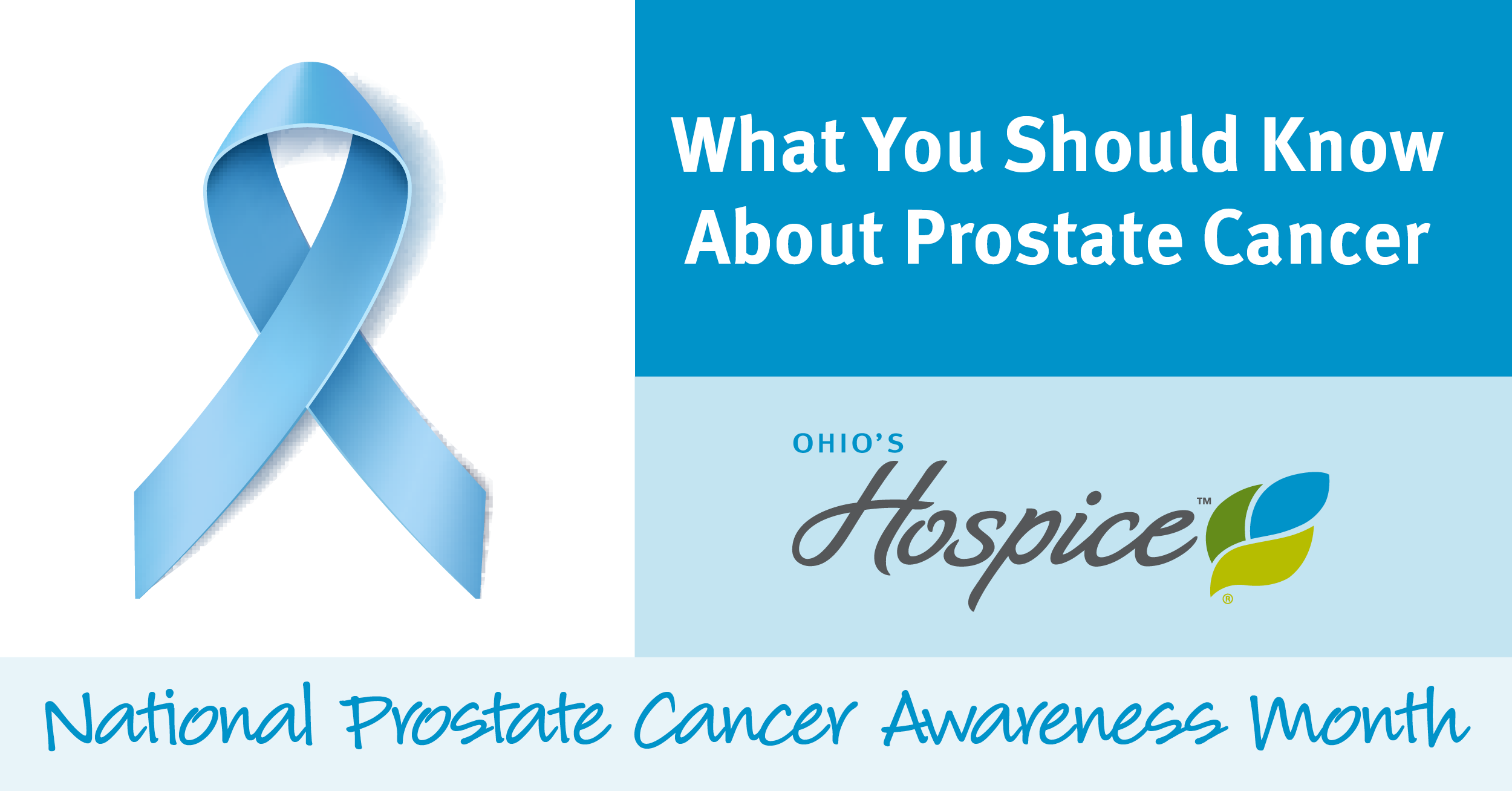
What You Should Know – Prostate Cancer Awareness
Prostate cancer is one of the most common cancers afflicting American men. In fact, about 1 in 7 men will be diagnosed with prostate cancer during his lifetime.
Despite how common it is, nearly 100% of those diagnosed will receive treatment and be disease free after five years. However, prostate cancer can still be a serious and deadly disease.
Age, race and family history are all risk factors for the disease. Most cases are diagnosed in men over the age of 65 and the disease is more common in men of African American and Caribbean ancestry. The disease appears to have some genetic factor as the risk increases among family members when one or more family members have been diagnosed. Evidence is mixed as to whether diet, obesity, smoking, sexually transmitted diseases or inflammation of the prostate increase risk.
Treatment may involve:
- Waiting and monitoring the disease
- Surgery
- Radiation therapy
- Chemotherapy
- Hormone therapy
The best option for treatment will vary by individual circumstance and preference.
Early detection assures the best chance of successful treatment and screenings are an effective means of early diagnosis. PSA screenings and digital rectal exams can reveal indicators of prostate cancer.
In the rare cases where prostate cancer becomes locally advanced and affects other tissues, it can become metastatic. Treatment can help men with this condition live longer and feel better, and palliative care can be beneficial in managing symptoms and side effects of treatment as it progresses. If the disease becomes terminal rather than chronic, hospice care can provide the patient and family members with medical services and support to maintain a better quality of life.
Resources:
https://www.cancer.org/cancer/prostate-cancer.html
https://www.emedicinehealth.com/prostate_cancer_advanced_or_metastatic-health/page3_em.htm
Our affiliates are here to help support your loved one with prostate cancer whenever we are needed. Find a list of our affiliates and locations by clicking here.
Author Profile
Latest entries
 Media ReleaseJanuary 1, 2024Community Hospice to Join Ohio’s Hospice Strategic Partnership
Media ReleaseJanuary 1, 2024Community Hospice to Join Ohio’s Hospice Strategic Partnership #CelebratingLifesStoriesNovember 21, 2023Priesthood, Shelters and Hospice Care: A Life of Service for Barbara Parini
#CelebratingLifesStoriesNovember 21, 2023Priesthood, Shelters and Hospice Care: A Life of Service for Barbara Parini News and UpdatesJuly 28, 2023Ohio’s Hospice Volunteer Experiences Hospice Care as a Loved One
News and UpdatesJuly 28, 2023Ohio’s Hospice Volunteer Experiences Hospice Care as a Loved One News and UpdatesJuly 19, 2023The Not-for-Profit Difference
News and UpdatesJuly 19, 2023The Not-for-Profit Difference

